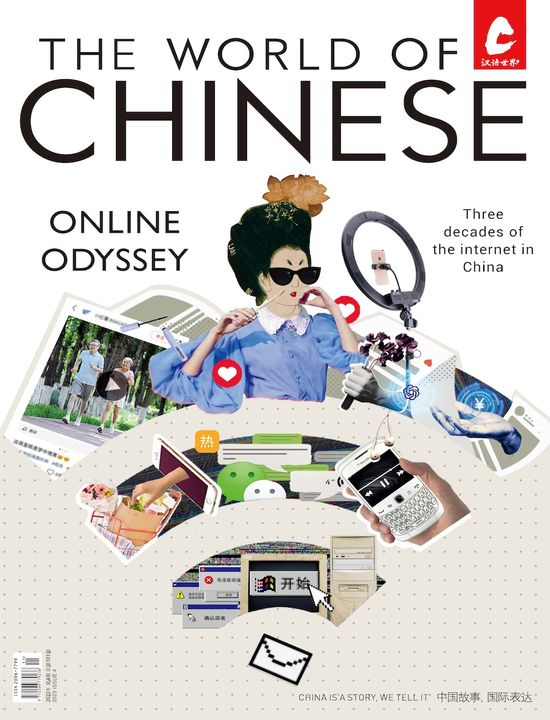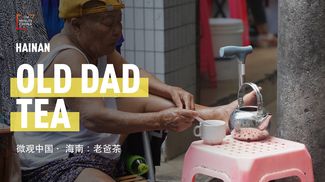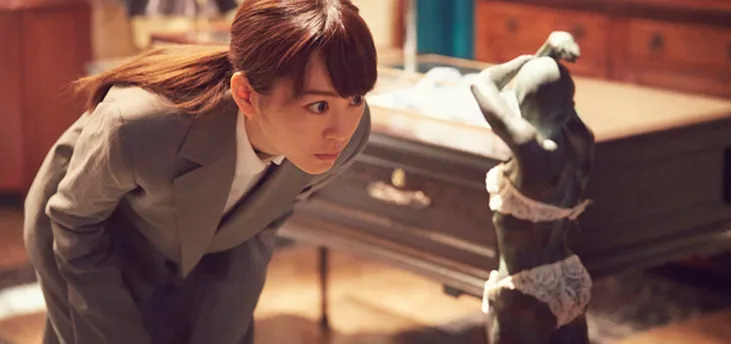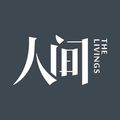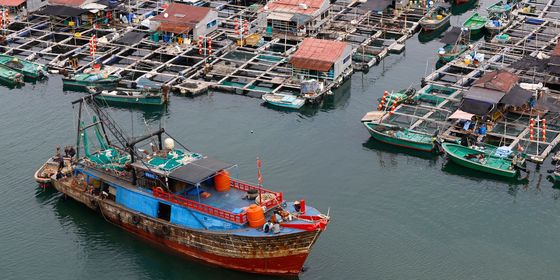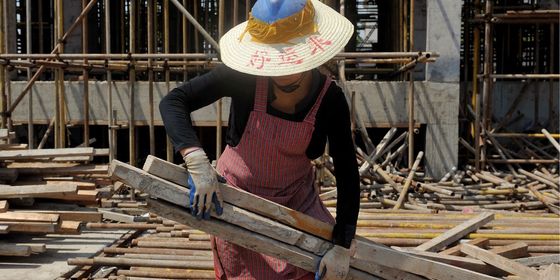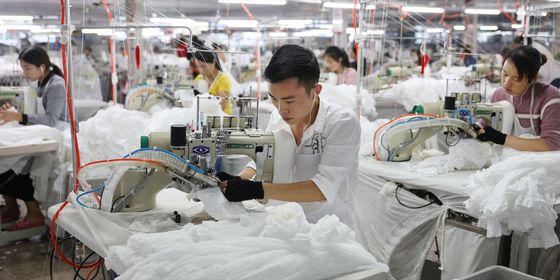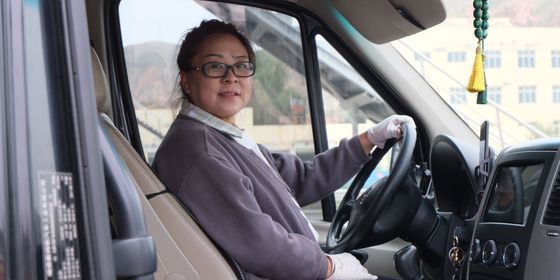Memoirs of a Gen Z factory worker in a coastal town
1/7
After passing my college entrance exams, I made up my mind to leave my home province and study journalism in Sichuan. I shared my plans with my parents, but my mom was indifferent to my enthusiasm. The next day at noon, she informed me that she’d been to Guan Fuzi Temple in the early morning, where she’d asked for guidance by “throwing moon blocks,” or babei (跋杯), on my behalf.
Babei is a common way in Taiwan and southern Fujian to communicate with deities and ancestors. Here, the “moon blocks” are a pair of crescent-shaped utensils with two sides, one bulging and one flat, standing for yin (negative) and yang (positive). Before throwing moon blocks, temple worshipers must first burn incense. Then, they introduce their yes-no question to the deity and throw the moon blocks. The way the blocks land will reveal your answer.
My mother had an answer from Guan Fuzi, the Lord of War. “I told him about your plans to study in Sichuan, and thrice I got two yang. Fuzi disapproved of your intentions. When I asked whether you should just stay in Fujian, he was immediately approving. It’s the will of the gods, I’m not trying to stop you.”
“Mom, come on.” I snapped. “Don’t blame the gods for your own ideas.”
My mother choked up immediately. “What’s so good about leaving home? Studying is studying wherever you are, and if you chose a closer school I could still visit you every now and then.”
She was now a babbling, tearful mess. “You think it’s nice, having me worried sick every day while you’re away? I already cried nonstop for over a month when you left for high school!” (I went to high school an hour’s drive from home, and I was a boarding student.)
Cue in a week of arguing, crumpled tissues, and swollen eyes. A revolving door of relatives came trying to persuade me. “It’s a shame you’re bringing such sorrow to your mother. She’s already struggled so much in her life. Besides, Guan Fuzi already made his will clear.”
Only my younger brother supported me. “Mom is always like this. Go wherever you want and let her throw her tantrum.” His words incensed our mother.
In the end, I had to compromise. I settled for a university in Zhangzhou, a city in Fujian, for my undergraduate in journalism. However, I did negotiate a concession—I would go to university in our province, but once I graduated, I would get to decide my own path.
My mother was all smiles as she immediately agreed. Guess what—she never came to visit me in college. Not even once.
—
In 2018, during my final year in university, I sent my CV to companies in Beijing, Shanghai, and Guangzhou, confident that I’d find an internship. Again, my mother wielded her tears and visits to the temple against me. For two days, I’d been pleading with her in vain to remember her part of the deal.
My mother hadn’t changed in the slightest. She wailed, “You’ll send me to my early grave if you leave. Whatever will I do?” Her relationship with my father was strained, and soon my younger brother would graduate and leave himself to work someplace else. I was her eldest child, her only solace, and without me, my mother said, she’d be hopeless, lonely. She might as well die.
After a while, she wiped away her tears to try a different line of attack. “I went to pay my respects to Guan Fuzi today, and his answer was just as clear this time, too. It’s his will that you stay home with your mother.”
I was speechless. Our parents’ marriage had always been rocky. They’d always quarreled, and though at first us kids were scared, soon enough we grew numb to it. My father’s family had been affluent; at some point in life he’d had some assets, a boat, and real estate to his name. My mother was the sixth girl born to her family that was hell-bent on having a male heir, who finally came after her. Only two of the elder sisters and the baby brother ever attended school. My mother didn’t even learn to read. In her teenage years, she joined the ranks of the hometown underwear factory, where she became a lathe operator. She was 23 when she met my father, 10 years her senior, on a blind date. They married just a few months later.
However, the next few years were still rather unkind to my mother. My father went bankrupt and had to sell his boat at a loss. He never recovered from this setback, so my mother—always more assertive than him—was forced to return to the factory. For much of my life, my father just loafed around, whether at home or in the streets. My mother was controlling and manipulative; my father was largely absent, like a ghost. However, my mother’s daily toil at the factory did keep a roof over our heads and rice on the table. She even managed to save quite a lot of money and keep the family together, however dysfunctional our bonds were. We were comfortably huddled in the ruins of our parents’ marriage.
Now, she pleaded again with me, bawling and even grabbing me. “I live for you kids, you’re all I have. I’ve worked my guts out for so long. Now that I’m old, all I ask is to see you leading a good, peaceful life so that I may finally rest.”
I felt at a loss. What to do?
